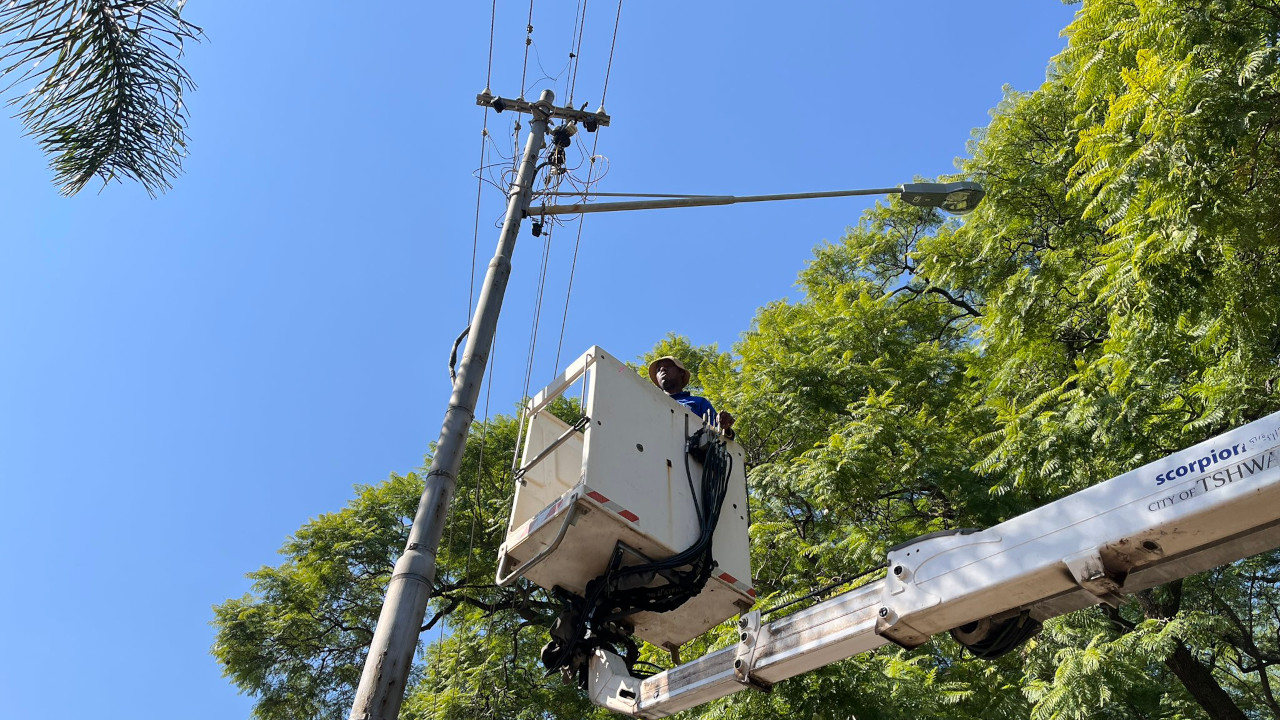News
Tshwane Seeks R1.4 Billion from East Region Non-Payers

The Tshwane metro is chasing over R1 billion in debt, with approximately R1.4 billion in electricity debt owed by ratepayers east of Pretoria alone. According to spokesperson Lindela Mashigo, this unpaid debt is owed by households, businesses, government entities, and disadvantaged individuals in Pretoria East and Mamelodi.
Mashigo said the metro is facing significant financial challenges, prompting an aggressive credit control campaign to recover the dues from residents. The breakdown of the debt in Region 6 is as follows:
- 119 business accounts in Pretoria East owe almost R20.5 million.
- 12,152 residential accounts owe R1.074 billion.
- 11,480 indigent individual accounts owe over R320 million.
- 32 inactive accounts owe R1.3 million.
To meet its financial targets, the city plans to reduce operating expenditure by R1 billion and increase revenue collection by R1 billion. “This will also happen through quality control on all disconnections followed by legal action to recover the outstanding debt,” Mashigo added.
Also read: Eskom Warns – Tshwane Debt Worsening
MMC for Finance Jacqui Uys recently highlighted the metro’s efforts, stating that 14,000 formal letters of demand had been issued to defaulting customers. “In our drive to encash our debtors’ book, the city issued 14,000 Section 129 notices as a formal demand to residents, businesses, government entities, and embassies with arrear accounts,” Uys said.
This marks the beginning of the debt-collection process, which could culminate in the attachment of assets, including properties, of defaulting payers. Uys explained that the Section 129 notice is part of the legislative process supporting the relaunched Tshwane Ya Tima revenue-collection campaign, which includes disconnecting services to those with high utility accounts who fail to pay.
The campaign is further bolstered by efforts to remove illegal connections and impose hefty fines and legal action against those who steal electricity. “Electricity and water theft is a crime, and illegal connections are a criminal offence. It is not a faceless crime; by illegally connecting, you are robbing the city of its revenue and fellow residents of services,” Uys emphasised.
Uys says ensuring a successful debt collection function is critical to the city’s financial recovery. She expressed gratitude to those who have settled their accounts on time and urged others to take responsibility for their debt. Residents can apply for the free indigent basket of services, approach the affordability committee to restate their debt or make payment arrangements with the metro.
Since February 2024, the metro has aimed to collect R6.2 billion owed by defaulters within six months. This drive has become a daily priority, targeting all non-paying consumers.
Source: Tshwane chases R1.4-billion from non-paying east ratepayers
Also read:
Picture: X / CllrThembaFosi
Follow us on Google News.

















